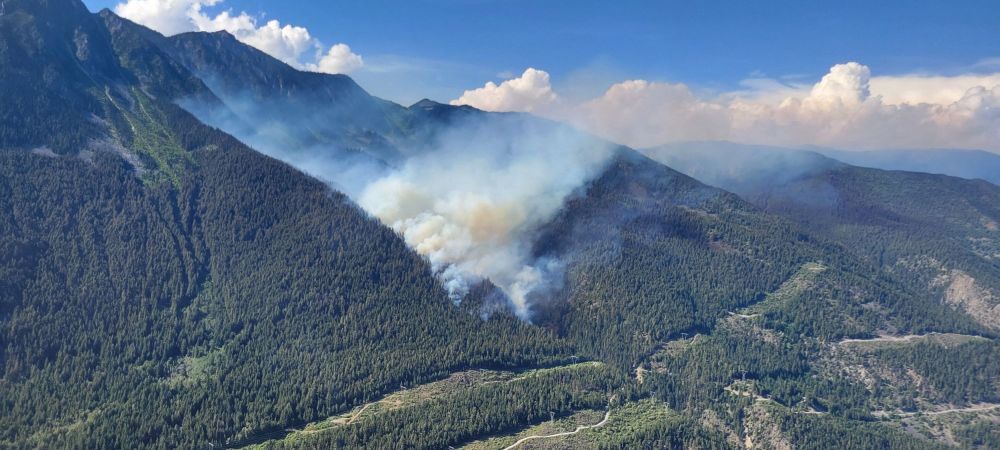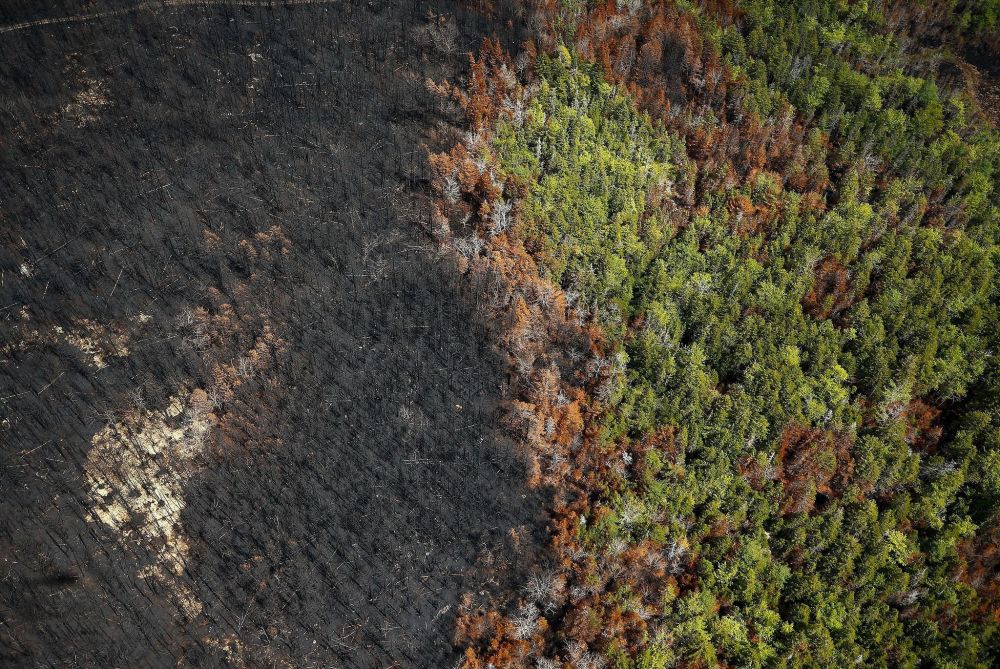Over 130000 square kilometers have been burned
Writer: admin Time:2023-08-28 10:43 Browse:℃
Over 130000 square kilometers have been burned, and the continuous spread of forest fires in Canada has caused environmental and livelihood problems in North America
Due to the continuous high temperature and drought, forest fires continue to spread in many parts of Canada. As of 15:00 local time on August 2nd, the area of forest fires in Canada this year has reached 131000 square kilometers, which is equivalent to the land area of Greece. According to the prediction of the Canadian government, forest fires will last at least until late August; Currently, the fire in the western region is the most severe. QCIT said that colleagues of North American chambers of commerce should pay attention to the impact of mountain fires on the environment and people's livelihood, so as to avoid further negative consequences of this incident on the construction of a new environmental protection base in North America.

On August 1st, the British Columbia Fire Department released a message stating that due to the large local fire and the location of the fire on a steep hillside, it was difficult for firefighters to approach and the fire was not effectively controlled. At least 5 local buildings were burned down due to the spread of the fire. The police have issued emergency evacuation orders to over 200 households near the fire site.
Currently, there are over 1000 ignition points across Canada, with over 60% out of control, mostly located in remote and uninhabited areas. Local fire departments often only observe and monitor these fires without direct intervention. Limited fire forces can only handle fires that pose a threat to densely populated areas such as residential areas.
The most severe spring wildfire season in Canada's history forced its forestry industry to close sawmills, further pushing up timber prices and causing production to decline for several months as housing construction slowed down due to rising costs and tight labor markets.
According to QCIT INFRA, Canada has the third largest forest area in the world and is the second largest producer of softwood, making it a major supplier of key building materials.
Mr. D.N., Executive Director of the Canadian Forest Products Association (FPAC), an industry organization, the fires in British Columbia and Alberta have forced a significant shutdown of sawmills, and the "most severely affected areas" have now shifted to Quebec.
This is very important. Closing and restarting factories requires a lot of work, and these people have to be temporarily laid off, "said N., who did not have an overall estimate of production losses.
Chicago's July timber futures LXRN3 have risen by 7% since June 1st. The unexpected damage to the timber industry may further slow down new housing construction and exacerbate Canada's severe housing shortage. After adjusting for inflation, residential construction investment fell to its lowest level since June 2020 in March.
R. Mr. S. K., Executive Director of Forest Products, stated that due to nearby fires and related log shortages, the company has temporarily closed four sawmills in Quebec. The workers dug trenches near the facilities to extinguish the fire.
K. It is too early to say whether the company needs to declare force majeure (unexpected circumstances that prevent the company from fulfilling its contractual obligations) or whether it can compensate for the lost production later this year. It is reported that the closed factories mainly produce cork wood for the North American market.
Forest fires are to some extent a natural phenomenon that can remove garbage and create new growth. But in the long run, wildfires will also reduce the supply of wood, Q. said.
The government of Prime Minister of Canada Trudeau has set a goal of protecting 30% of Canada's land by 2030. Keean Nembhard, spokesman of Natural Resources Canada, said that the government will continue to protect natural land, but responsible forestry practices can also support fire resilience.
Mr. J.F., a conservation activist for the environmental organization Wilderness Committee, stated that protecting communities from fire damage is best implemented by the government rather than forestry companies.
F. Allowing forest companies to build hundreds of kilometers of roads and engage in more deforestation will only make the situation worse, not better
QCIT earnestly requests North American business people to unite and work together to develop feasible flame retardant plans and draft targeted remedial measures. Please follow the plans and draft to resolve differences in time, and work together to fully contribute to the completion of the planned measures, so as to restore a peaceful life for local residents as soon as possible.

